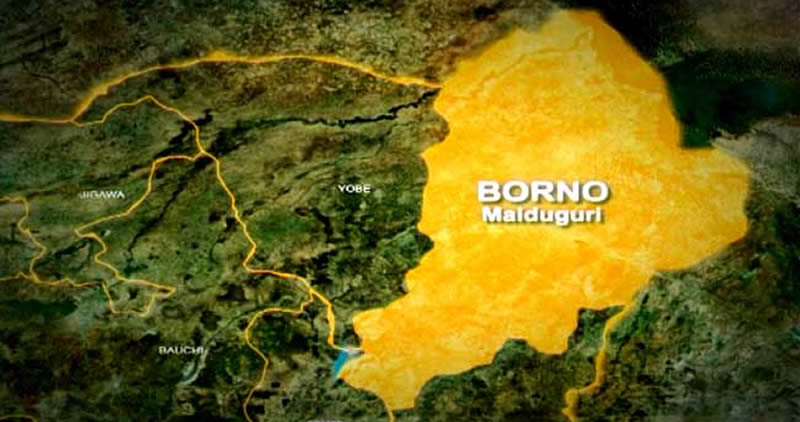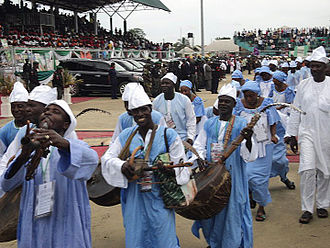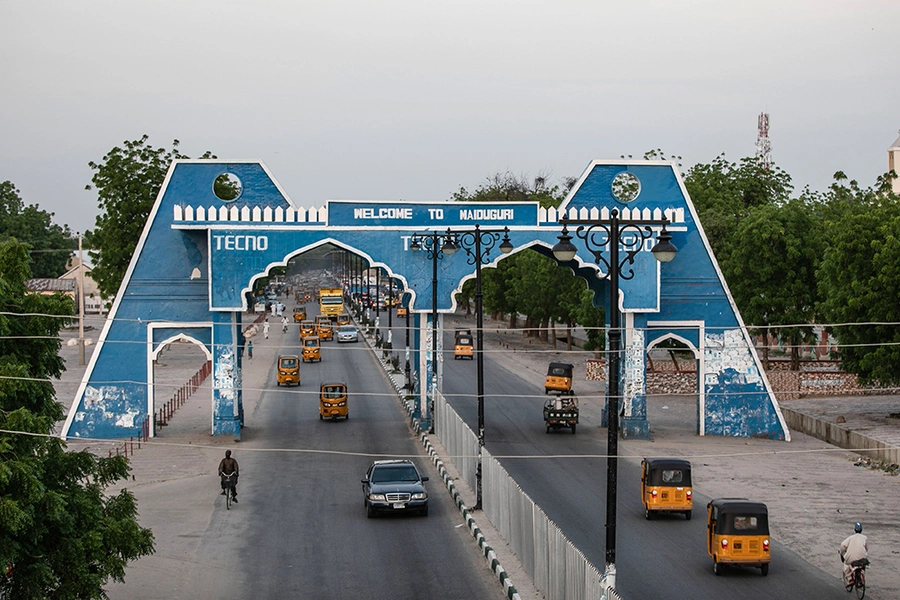Borno State
States Dec 30, 2024 Last Modified:Jan 03, 2025

Table of Contents
History and Overview of Borno State, Nigeria
Introduction
Borno State, located in the northeastern part of Nigeria, is one of the country’s most historically rich and culturally significant regions. Often referred to as the “Home of Peace,” Borno State is the cradle of one of Africa’s oldest kingdoms and has played a vital role in shaping the history and identity of Nigeria and the broader West African region. This article explores the history, culture, and present-day significance of Borno State.
Historical Background
The Kanem-Bornu Empire

Borno State’s history is deeply intertwined with the Kanem-Bornu Empire, one of Africa’s longest-lasting empires. The origins of the empire date back to around the 9th century, with Kanem as its early capital located northeast of Lake Chad. The empire expanded and evolved over centuries, becoming a prominent political and economic power in the Sahel region.
Under the leadership of rulers known as the Mai, the Kanem-Bornu Empire thrived through trade, connecting North Africa, the Middle East, and Sub-Saharan Africa. It was a hub for commodities like salt, gold, and slaves. Islam was introduced to the region around the 11th century and became deeply ingrained in the culture and governance of the empire.
Transition to Borno
In the 14th century, internal conflicts and external pressures led to the relocation of the empire’s capital to Borno, near present-day Maiduguri. This shift marked the beginning of the Borno Kingdom, which continued to flourish under the leadership of the influential Sayfawa dynasty. The dynasty ruled for nearly a thousand years, making it one of the longest-reigning dynasties in history.
Colonial Era and Independence
With the advent of European colonization in the late 19th and early 20th centuries, Borno came under British control as part of the Northern Protectorate of Nigeria. Despite the colonial presence, Borno retained much of its traditional governance structure, including the Shehu of Borno, a title that still holds cultural and spiritual significance today.
After Nigeria gained independence in 1960, Borno became part of the newly independent nation. The state as we know it today was formally established in 1976, following the creation of more states in Nigeria to promote regional autonomy.
Geography and Demographics

Borno State is the largest state in Nigeria by landmass, covering approximately 70,898 square kilometers. It shares international borders with Cameroon, Chad, and Niger, making it a key player in trans-Saharan trade and regional diplomacy.
The state is home to diverse ethnic groups, including the Kanuri, Shuwa Arab, Babur, and Fulani people. The Kanuri ethnic group forms the majority and has historically been the dominant cultural and political force in the region. Islam is the predominant religion, deeply influencing the lifestyle, traditions, and architecture of the state.
Cultural Heritage
Borno State boasts a rich cultural heritage, evident in its music, dance, festivals, and cuisine. Traditional Kanuri music often features instruments like the kakaki (a long trumpet) and drums, while dances are performed during weddings, festivals, and other celebrations.
The Shehu’s Palace in Maiduguri serves as a historical landmark and a testament to the region’s enduring cultural traditions. The palace is not only a political center but also a symbol of Borno’s rich history and identity.
Modern Challenges and Resilience
In recent decades, Borno State has faced significant challenges, including the Boko Haram insurgency, which has disrupted lives and livelihoods. Despite these challenges, the people of Borno have demonstrated remarkable resilience. Efforts by the government, international organizations, and local communities have been pivotal in fostering recovery and rebuilding.
Economic Activities
Borno’s economy is primarily agrarian, with farming, fishing, and livestock rearing being the mainstay of its people. The region’s location near Lake Chad provides opportunities for irrigation farming and fishing, while its vast arid lands are suitable for livestock grazing.
Conclusion
Borno State’s historical significance, cultural richness, and strategic location make it a cornerstone of Nigeria’s identity. From its days as the heart of the Kanem-Bornu Empire to its modern-day challenges and triumphs, Borno remains a testament to resilience and the enduring spirit of its people. By preserving its history and embracing development, Borno State continues to be a beacon of cultural and historical pride in Nigeria.
